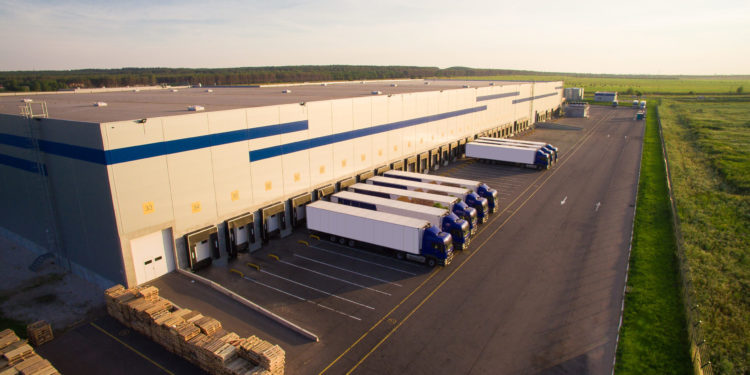When most people think of Real Estate, their minds immediately jump to residential homes or towering skyscrapers in city centers. Rarely do they consider the industrial Real Estate sector, which, unbeknownst to many, is one of the most stable and vital components of Kenya’s commercial real estate market. But what exactly is “Industrial Real Estate”?
Industrial Real Estate broadly encompasses all land and buildings used for industrial activities, such as production, manufacturing, assembly, warehousing, research, storage, and distribution. In Kenya, the government, through the Ministry of Investments, Trade, and Industry, has designated specific areas for industrial activities to promote production and boost local manufacturing. To support these initiatives, the government established Special Economic Zones (SEZs) and Export Processing Zones (EPZs) under the Special Zones Act of 2015, all part of the broader Vision 2030 agenda.
Furthermore, the government plans to establish County Aggregation Industrial Parks (CAIPs) across all 47 counties. These parks will accommodate a wide range of industries, including light industries like warehousing and logistics, and medium to heavy industries, such as manufacturers of fertilizers, iron and steel, plastics and packaging, and fabricated metal products. A distinctive feature of these zones is the provision of special electricity rates, tax incentives, and infrastructure that supports activities like storage, export, and re-exports. Additionally, they offer industrial parks, free trade zones, and auxiliary services such as tourism, conferences, and exhibitions.
The demand for industrial space in Kenya, and Africa as a whole, is on the rise. E-commerce has been a significant driver of this growth. Beginning in 2019, the COVID-19 pandemic accelerated the shift to online shopping, leading to a surge in sales from online platforms. This trend has compelled retailers to seek out warehouses to serve as distribution centers for their goods. The increasing need for commercial spaces isn’t limited to Kenya; it’s a trend that’s felt across larger economies, including the United States.
Even as more organizations return to office-based work, many are still allowing employees to work remotely. Alongside this shift, Kenya is experiencing above-average population growth and the emergence of a growing middle class. These factors are driving demand for quality internet services, which, in turn, has fueled the need for more data centers. Savvy developers are capitalizing on this opportunity. For instance, iColo, a leading data center developer, is already constructing the second phase of its Nairobi Karen Campus. This trend is expected to continue well into the future.
As the population continues to rise, so does the demand for meat, particularly in Nairobi, where the current supply of slaughterhouses falls short of demand. This gap presents an opportunity for developers in the industrial sector to conduct market research and identify prime locations for new slaughterhouse construction.
Although industrial Real Estate often flies under the radar, its stability and immense growth potential make it a cornerstone of Kenya’s Real Estate landscape. Visionary developers are already capitalizing on this untapped market. Take Sameer Africa, for example; once focused on other ventures, they have now shifted their focus to industrial Real Estate, with several rental spaces in the pipeline. For them, this shift has proven not only rewarding but a game-changer, promising even greater returns in the future. As industrial Real Estate continues to emerge as a powerhouse, those who recognize its value stand to reap the most rewarding benefits.

















